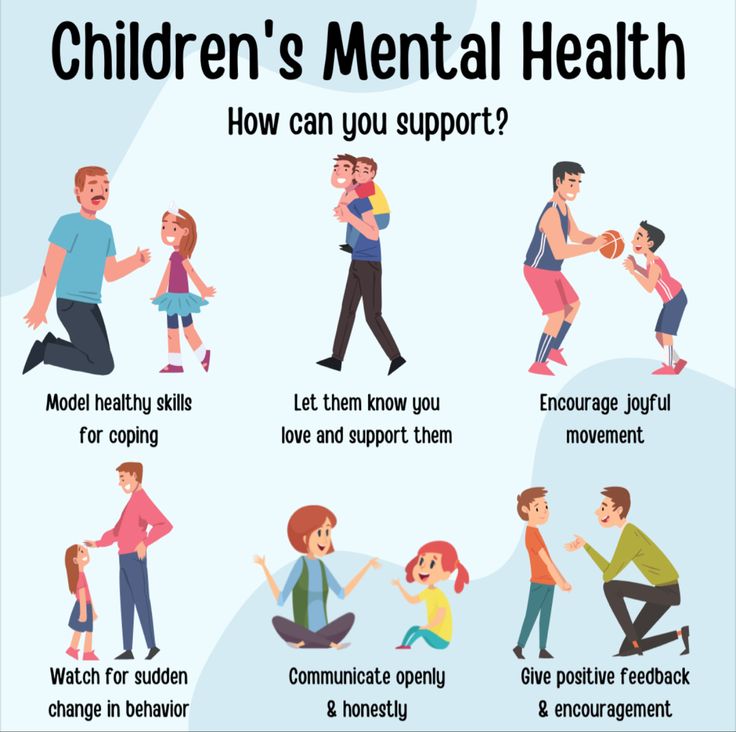In a world that often rushes and prioritizes adult concerns, the quiet struggles of childhood can easily be overlooked. Yet, a complex landscape of emotions exists behind those innocent eyes and seemingly carefree smiles. Just like adults, children experience a full spectrum of feelings, joy, excitement, frustration, sadness, and anxiety. And just like adults, their mental health is fundamental to their overall well-being and future development. It’s time we truly listen to those small voices and recognize the big feelings they hold.
For too long, mental health has been viewed as an adult issue. We often forget that children are navigating a world that can be both wondrous and overwhelming. They are grappling with social dynamics, academic pressures, family changes, and a constant influx of new information. These experiences can trigger a range of emotional responses, and when these feelings become persistent or overwhelming, they can significantly impact a child’s daily life, relationships, and learning. Organizations dedicated to child well-being emphasize that these early experiences lay the groundwork for future mental health.
Ignoring children’s mental health can have serious consequences. Untreated mental health challenges in childhood can lead to difficulties in school, strained family relationships, social isolation, and an increased risk of developing more severe mental health issues in adolescence and adulthood. Experts in child development highlight that early identification and intervention are crucial. Just as we wouldn’t ignore a child’s physical ailment, we must not dismiss their emotional distress.
So, what can we do to give children’s mental health the attention it deserves?
Open the Lines of Communication: It is paramount to create a safe and supportive environment where children feel comfortable expressing their feelings. This starts with active listening, empathy, and validating their emotions, even if they seem small. Simple phrases like “I hear that you’re feeling sad,” or “It’s okay to be angry sometimes” can make a world of difference. Resources from child psychology associations often stress the importance of creating this open dialogue.
Educate and Empower: Parents, educators, and caregivers need to be equipped with the knowledge to recognize the signs of mental health challenges in children. Changes in behavior, withdrawal from activities, difficulty sleeping, increased irritability, or expressing persistent worries can be indicators that a child needs support. Empowering children with emotional literacy – helping them understand and name their feelings – can also be incredibly beneficial, as noted by various child development frameworks.
Prioritize Play and Connection: Play is a child’s natural language. It’s through play that they process emotions, explore their world, and build social skills. Making time for unstructured play and fostering strong, positive connections with children can provide a vital buffer against stress and promote emotional well-being. Child development specialists consistently point to the crucial role of play in healthy emotional growth.
Seek Professional Help When Needed: Just as we consult doctors for physical health concerns, seeking professional help from child psychologists, therapists, or counselors is essential when a child is struggling with their mental health. Early intervention, as recommended by mental health professionals, can prevent more significant problems down the line.
Advocate for Change: We need to advocate for greater awareness and resources dedicated to children’s mental health at a societal level. This includes better training for educators, increased access to mental health services in schools and communities, and reducing the stigma surrounding mental health in general. Organizations working on children’s rights and well-being actively campaign for these changes.
Our children are our future. Investing in their mental well-being is not just an act of compassion; it’s an investment in a healthier and more resilient society. By paying attention to those small voices and acknowledging their big feelings, we can help them build a strong foundation for a brighter tomorrow. Let’s make children’s mental health a priority – because their well-being matters, deeply and profoundly.

